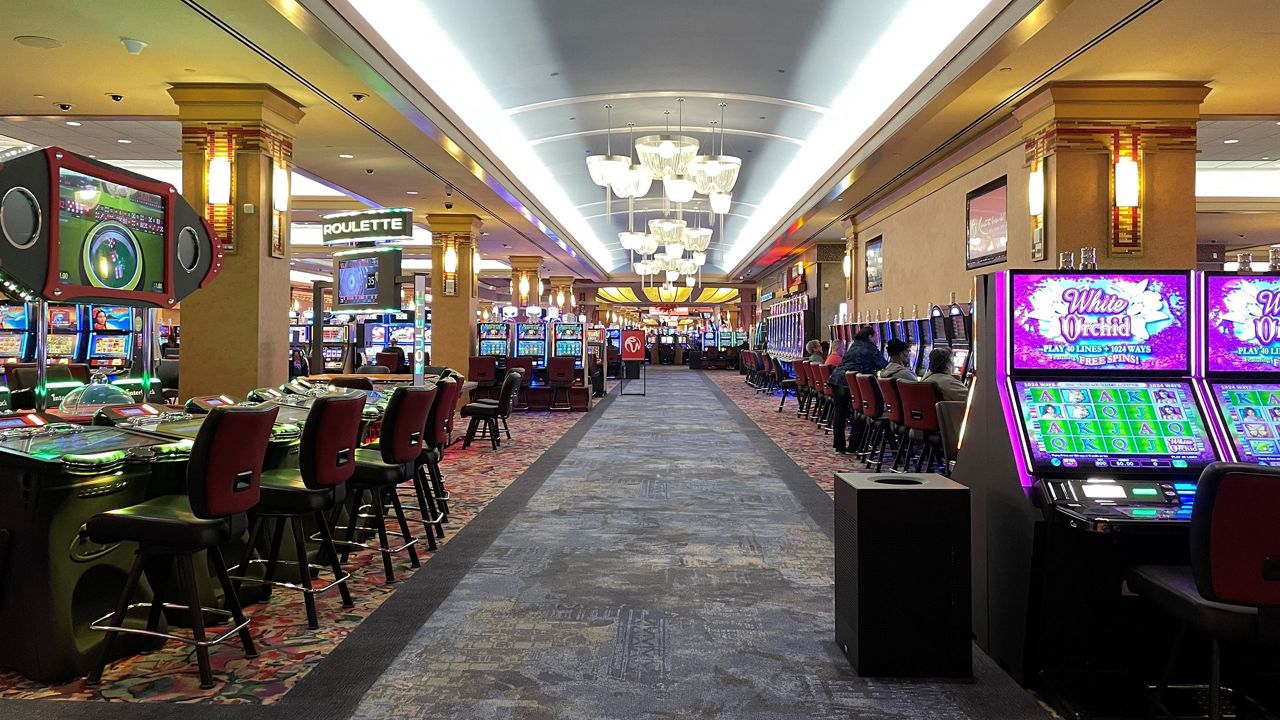In the world of gambling, where chance and strategy meet, a unique tapestry of beliefs emerges—one that braids luck, fate, and the enigmatic nature of casino games. Casinos, bustling with excitement and anticipation, are not just spaces for placing bets; they are also arenas where superstitions thrive. Ranging from the novice player to the seasoned gambler, these mysterious practices often shape how individuals approach the games they play, believing that their actions can affect the outcome in ways that go beyond mere probability.
As players gather around roulette wheels, blackjack tables, and slot machines, the atmosphere is thick with stories of lucky charms, rituals, and codified behavior that defy logic yet provide a sense of comfort. It could be the case that it’s wearing a specific outfit, following a particular sequence of bets, or even avoiding certain numbers, the attachment to various superstitions reflects a deep-rooted desire to control the uncontrollable. This article delves into the captivating world of casino game superstitions, investigating the beliefs that simultaneously entertain and mystify those who dare to play.
Historical Beginnings of Superstitions
Betting games have long been entwined with an array of superstitions that can be traced to primitive societies. The origins of these ideas can be associated to humanity’s innate need to influence the random outcomes associated with chance and uncertainty. v9bet In early civilizations, activities of chance were often tied to ritualistic practices. Players would invoke aid or ask for favor from deities, believing that their actions could change the odds in their benefit. This basis laid the groundwork for the multitude of superstitions that proliferated as gambling evolved over centuries.
During the Middle Ages, gambling became a common pastime across Europe, and with it, a diverse tapestry of superstitions developed. Players adopted numerous rituals and charms, believing they could influence the results of games. The importance of numbers, in particular, started to show in superstitions pertaining to card games and dice. The number 7 was often considered auspicious, while other numbers carried negative connotations. These ideas mirrored the societal contexts of the time, changing as they moved through generations and adapted to emerging gaming environments.
As gaming establishments developed in the seventeenth century, particularly in the Italian peninsula and France, the atmosphere surrounding betting became saturated in mystique. The growing availability of gambling games allowed for the expansion and growth of superstitions among players. Concepts like fortunate charms, designated seating arrangements, and rituals gained prominence, creating a distinct culture within casinos. As these customs continued to thrive, they became essential to the identity of gambling activities, illustrating how historical developments and tradition shape the belief systems that influence how gamblers connect with luck.
Common Gambling Myths
Superstitions surrounding casino games are abundant and varied, reflecting the hopes and fears of gamblers as they engage in random activities. One of the most common views is that certain numbers bring fortune or bad luck. For example, the number seven is often seen as a lucky number, frequently sought after by players looking for a favorable result. Conversely, the digit 13 is routinely considered cursed, leading many players to avoid it during their gaming sessions.
Another frequent superstition relates to practices that players believe can affect their odds. Whether blowing gently on dice before a roll, using a particular hand to place a wager, or even putting on particular items of attire, many people feel that these rituals can tilt fate in their favor. These practices offer a feeling of power in an otherwise unpredictable environment, reinforcing the idea that luck can be created through personal beliefs and customs.
Lastly, the ambiance and vibe of the casino itself contributes to myths. Many players suggest that the presence of specific icons, such as four-leaved clovers or lucky coins, can enhance their chances of winning. Additionally, players might hold to the belief that victory streaks can be halted by mundane occurrences, such as a person passing by or a accident at the gaming surface. The shared atmosphere in a gambling house can amplify these superstitions, creating a shared culture of myths that transcends individual encounters.
Impact of Superstitions on Players
Superstitions play a crucial role in the mindset of casino players, often influencing their actions and decision-making. Many gamblers think that luck can be influenced through various rituals, such as wearing a lucky charm, choosing particular hues, or avoiding certain numbers. This reliance on superstitions can create a feeling of authority in an environment that is inherently unpredictable. Players frequently feel more confident and involved when they feel that their actions could sway the result of a game in their advantage.
The influence of these superstitions extends beyond individual players, affecting the general atmosphere inside the casino. For instance, a player who believes in the luck of a certain slot machine might attract a gathering, as onlookers are fascinated by their apparent success. This collective belief can amplify excitement and create a lively environment, leading to an engaging experience even for those who may not necessarily be believers themselves. The buzz around certain games can lead to higher participation and extended playing sessions, supporting the casino’s lively social scene.
In some cases, superstitions can lead to negative effects for players. Relying too much on rituals can result in bad gambling decisions, as some may ignore basic strategies in favor of baseless beliefs. Additionally, the stress to perform rituals may increase anxiety and tension, detracting from the pleasure of the experience. Ultimately, while superstitions can enhance the excitement of playing casino games, they can also lead to foolish choices that overshadow the fun and amusement intended in the casino experience.
